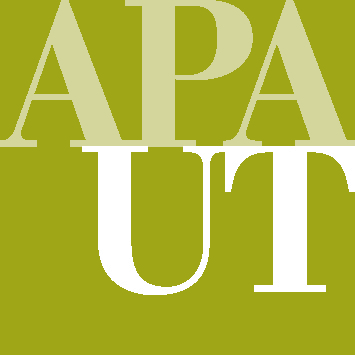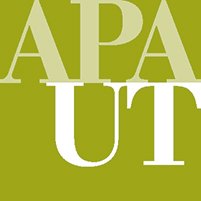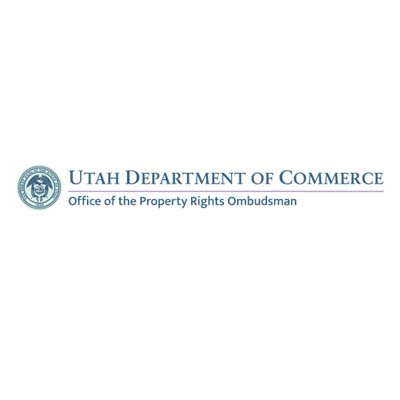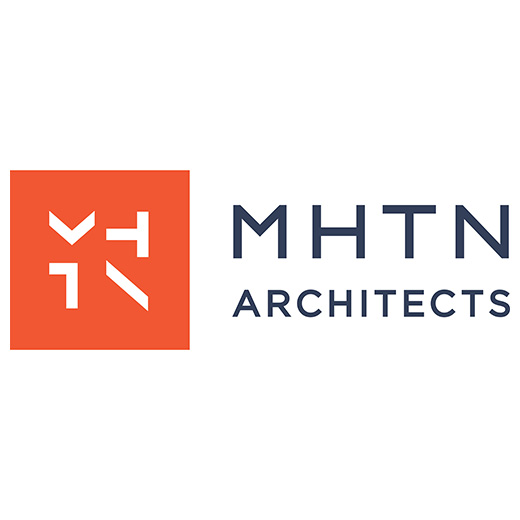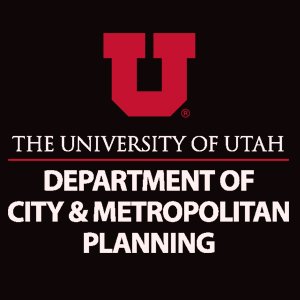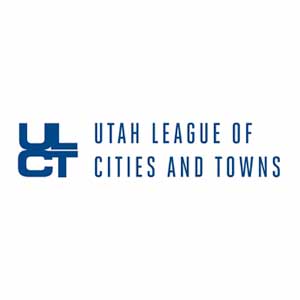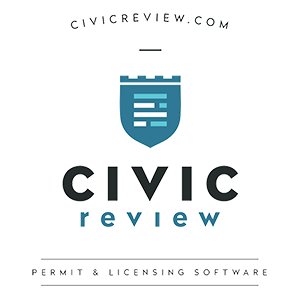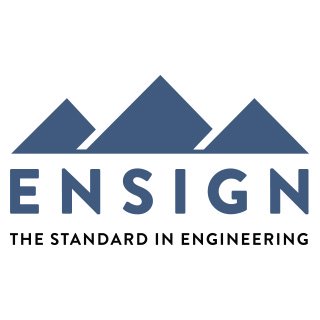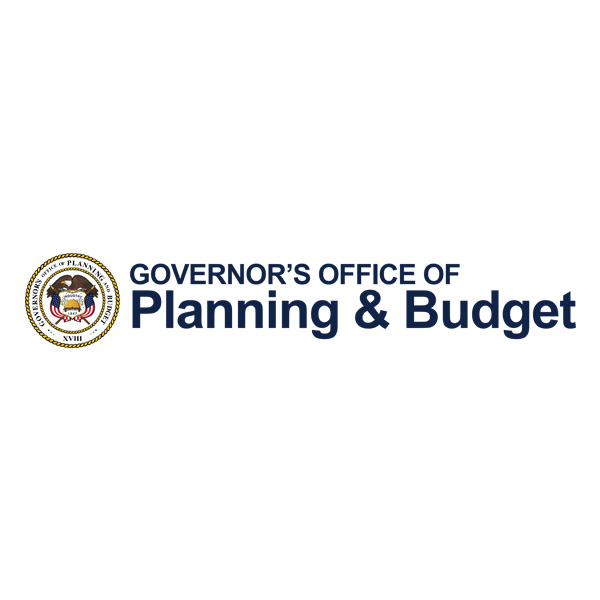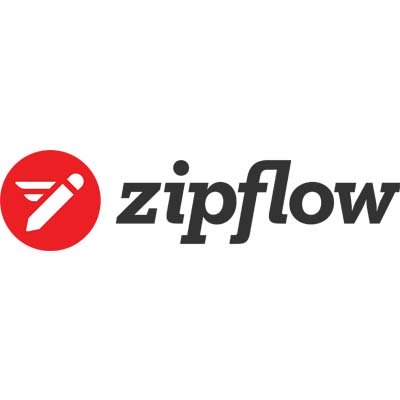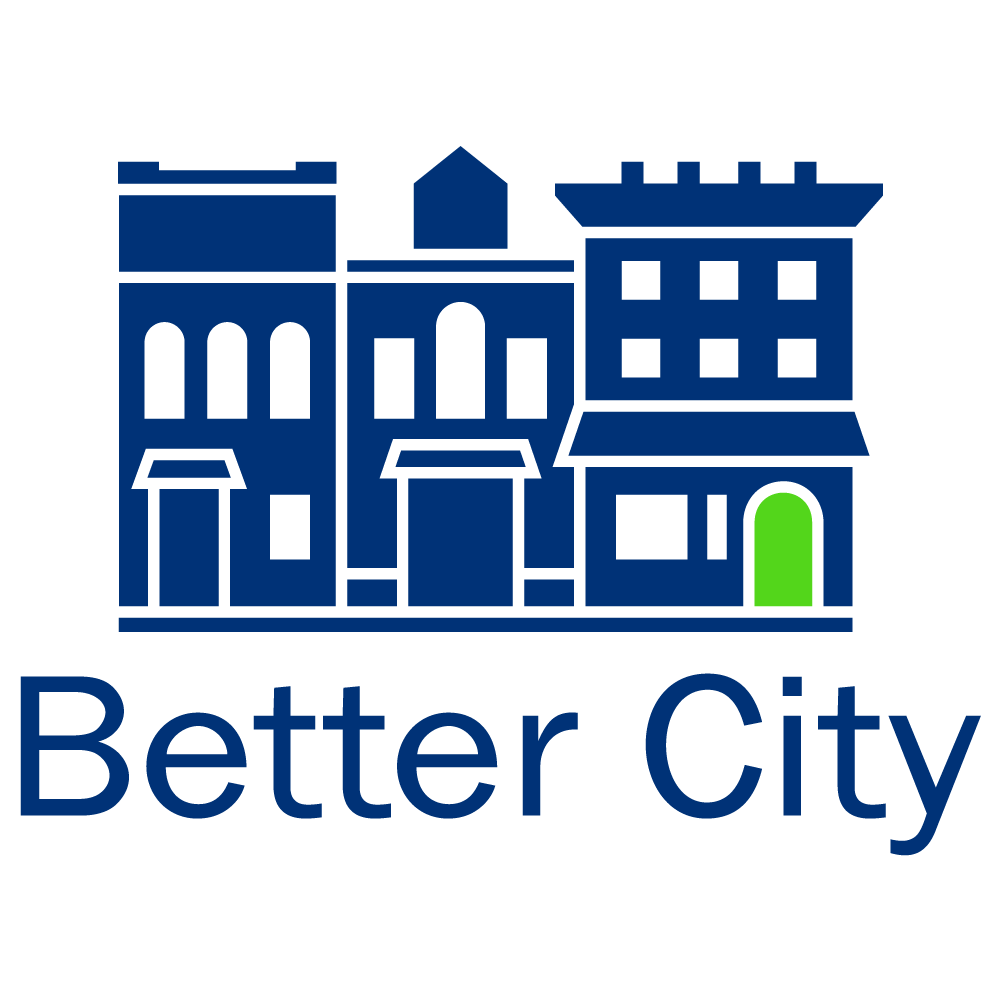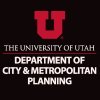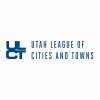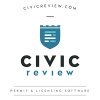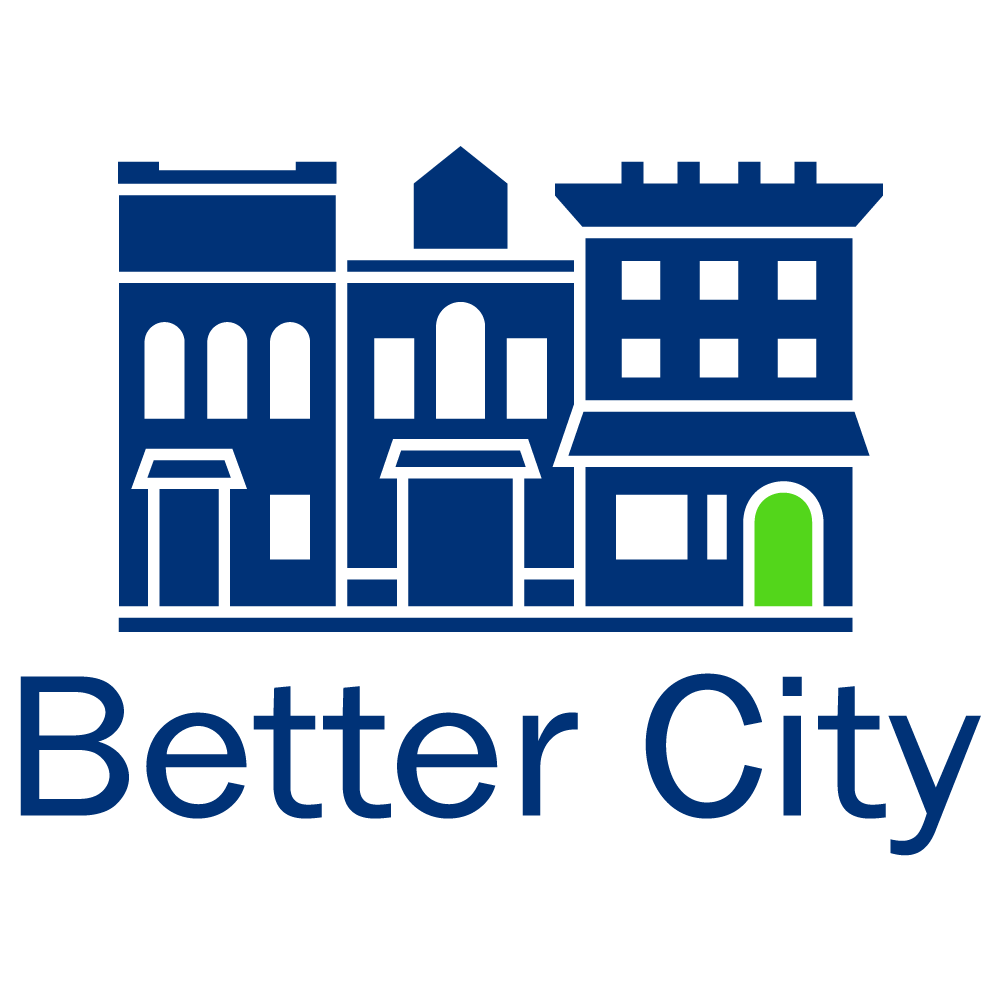Legislative Interim Committee – What You Need To Know
November 17, 2020 by admin
Planning News
This week the last legislative interim committee meetings are being held before the 2021 legislative session gets underway. There are a couple of issues of interest for land use and planning being discussed in these meetings, plus there’s quite a list of possible bill topics that could come up during the session.
This morning, the Natural Resources interim committee is considering a couple of issues of interest. The committee will be getting a report from the Water Development Commission which, among many other things, will include something about extraterritorial land use jurisdiction for watersheds. This was the topic of a bill passed a few years ago by the legislature related primarily to Salt Lake City’s jurisdiction in the Cottonwood Canyons for watershed protection.
The committee will also be discussing concentrated animal feeding operations, which has been a big source of controversy particularly in Millard County, that was the subject of an initiative vote this past election. https://www.sltrib.com/news/politics/2020/09/30/ballot-initiative-could/ The initiative failed in the election, 3030 votes to 2748. It’s still a big issue, however.
Tomorrow (Wednesday), the Political Subdivisions committee will be discussing a proposed bill on Accessory Dwelling Units. The sponsor, Rep. Ray Ward, is supportive of ADUs as a help in the housing affordability crisis. There’s not a bill yet, but he would like to make ADUs easier to implement while addressing some of the concerns that keep being raised about them. What’s been talked about is for the bill to allow ADUs in homes where they are not stand-alone structures and the owner lives in the main or accessory unit. It would also specify that such ADUs need not be treated as a second dwelling unit (duplex) for building code purposes. Other issues about building code may also be addressed. Keep an eye on this.
Also tomorrow, the Transportation interim committee will hear a report about the feasibility of transitioning UTA to become a state agency. Whether that’s really in the cards, we shall see. The committee will also hear discussion about the feasibility and status of double-tracking Frontrunner.
There are other issues out there that may come up in the 2021 session that are not on interim agendas today. Most of these have been discussed in either the Land Use Task Force or the Commission on Housing Affordability.
One of the biggest is Housing Reinvestment Zones (Commission on Housing Affordability). The objective with this would be to create a tool for local governments to facilitate more affordable housing within a localized area. At the League’s Legislative Policy Committee meeting yesterday, this process was described as being in the stage where everybody is throwing spaghetti at the wall to see what might stick. Many different ideas are floating around for this, such as targeting funding/tax incentives-incement/regulation for transit oriented development, use of surplus government property, redevelopment of underused retail properties, and enhancement of supporting transportation infrastructure and parking structures. It will be interesting to watch (and participate!) in where this concept goes between now and the end of the 2021 legislative session.
Some of the items from this year’s Land Use Task Force discussions that appear to be moving forward (but don’t have bills drafted yet – work is underway) include:
- Mandatory annual training for planning commissioners – one hour of LUDMA basics, three hours of other land use topics provided by the League, ULUI, OPRO or other credible sources
- Impact fees – clarify existing statute that allows a local entity to use impact fees to pay for the impact fee facilities plan and analysis and enactment of the impact fee. This is already being done in most places, but this would just clarify in the code.
- Conditional use permits – modify 10-9a-407 (and county corresponding section) to state that CUP standards must be “objective”
Some other issues that have been discussed by the LUTF but on which there is not agreement yet:
- Low Impact Development – establish maximum pavement width for cities that require low impact development
- Boundary Line Adjustments – clarify confusion between boundary line agreements and boundary adjustments
- Water Provider Review of Plats – clarification and authority for a water district/provider to review and approve a plat at the time of subdivision or vacating and, at the time of review, preservation or creation of a water provider easement
- Development Agreements and Contract Zoning – because of how a court ruling on a gravel pit operation in Tooele County came down, try to clarify permitted use of development agreements and distinguish agreements from “illegal” contract zoning.
- Building Permit Vesting – clarify that building permits area a separate process from the land use process and that the building code may only be changed by the state legislature
- Gravel Pits – clarify regulation of existing, new and expanded operation
There were a couple of issues discussed in the LUTF that there was clearly no agreement on, but that may surface in the legislature anyway:
- Standards of Review – a bifurcation of the land use appeal standard, with one for the applicant and one for third-parties
- Public Infrastructure Districts – a proposal to allow these to be created without local government approval
Thanks to Victoria Ashby at the League for her great summation of these pending topics.
Another bill that may surface in the 2021 session is one that is listed as being In Process and is titled Local Government Building Regulation Amendments, by Rep. Paul Ray. He sponsored a similarly-named bill in the 2020 session that originally would have allowed builders to select and pay for their own plan reviewers and inspectors if the local entity could not complete the task within a given time period. The League was successful in getting this bill amended so that during this past year, cities and towns were required to report how long it takes to perform plan checks and building inspections to see if such a drastic move was warranted. The conclusions seem to be favorable to local entities, but the reports are incomplete at this time.
The original bill would also have prohibited regulation of residential building design elements, on the premise that such requirements unduly add to the cost of housing. That section of the bill was not included in the substitute version that was ultimately passed last session, but I have heard discussion that this may make a comeback in this year’s version, along the lines of residential design elements can only be imposed for higher density projects.
Obviously, this will be a bill to watch for.
Bills are also being considered for changes to the local referendum process, which could have an impact on land use actions.
Whew! Looks to be a most interesting session coming up for planners!
Wilf Sommerkorn
Co-Chair, APA Utah Legislative Committee
Recent News
- » Here’s how much you need to earn to buy a home in Utah — without going over budget
- » Save the Date for the 2024 APA UT Fall Conference in Provo, UT, October 10-11, 2024
- » Utah sends $95M toward 18 trail projects as it begins ambitious statewide network plan
- » Utah is growing overall, but some communities are shrinking. See which cities and towns gained and lost the most last year.
- » Reflecting on the Highlights of Our Spring Conference in Cedar City, Uta
- » Saratoga Springs planning for walkable, ‘heart of community’ downtown area
